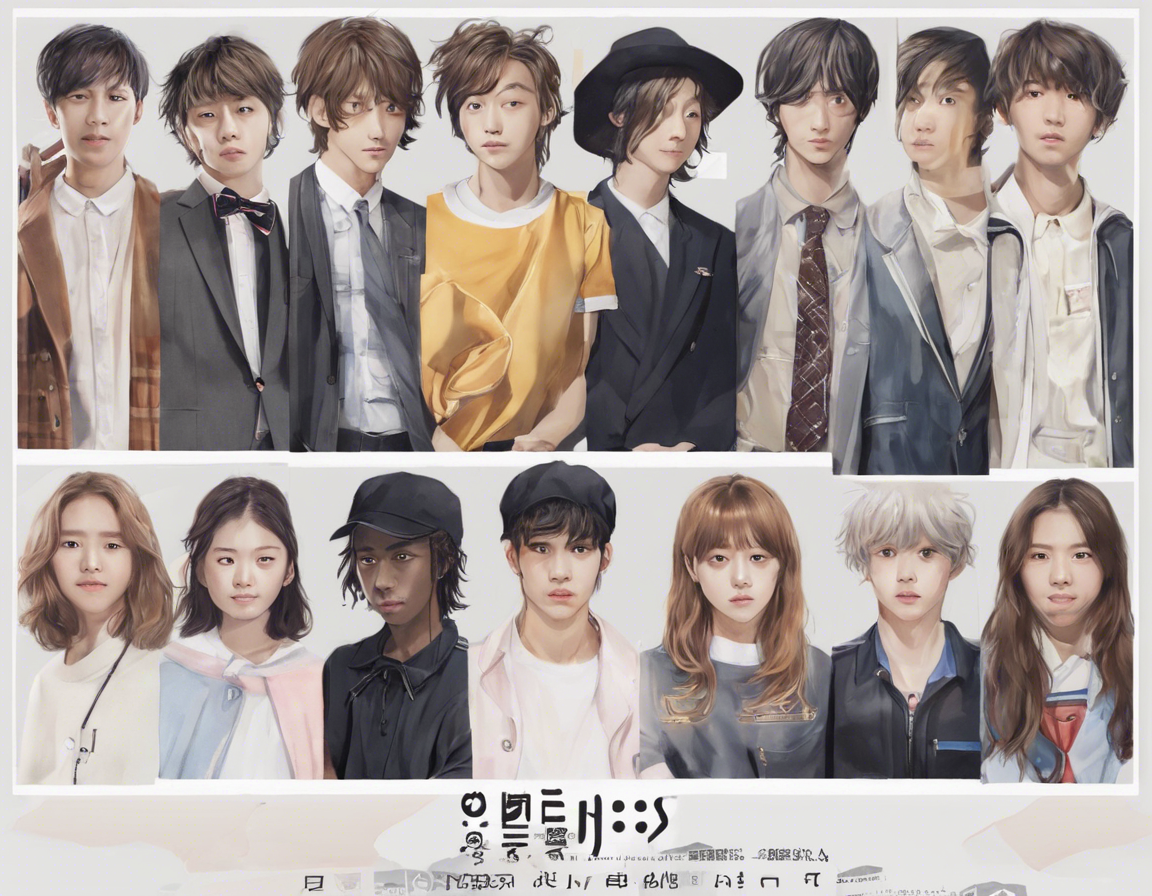In the world of acting, age has always been a factor that garners significant attention. The entertainment industry often places value on youthfulness, associating it with fresh talent, beauty, and marketability. Actors, especially women, face immense pressure to maintain a youthful appearance and often find themselves pigeonholed into certain roles based on their age. However, the notion that acting in films or TV shows aimed at younger audiences equates to youthfulness is a misconception that needs to be addressed.
The Age Factor in Acting Roles
Actors of any age can play characters of varying ages. It’s the skill and versatility of the actor that allow them to convincingly portray characters older or younger than themselves. While it is common for younger actors to take on roles in coming-of-age stories or high school dramas, older actors can also excel in these roles through their talent and experience.
Challenging Age Stereotypes in Acting
Stereotypes about age in acting are deeply ingrained in Hollywood. Younger actors are often seen as more marketable, with a perception that they can connect better with younger audiences. However, there have been numerous instances where older actors have delivered outstanding performances in roles that are traditionally associated with youth.
Experience vs. Youthfulness
One of the key advantages that older actors bring to the table is their wealth of experience. They have honed their craft over the years and bring a depth of understanding to their performances that can only come with time. While youthfulness may have its own appeal, experience in the industry can often outweigh the novelty of youth.
Breaking Age Barriers in Hollywood
The push for greater diversity and representation in Hollywood has led to a shift in the way age is perceived in the industry. More and more actors are challenging ageist norms and proving that talent knows no age. Projects that feature older actors in prominent roles are gaining traction, showcasing a more inclusive and diverse range of talent on screen.
Embracing Age as a Strength in Acting
Instead of viewing age as a limitation, actors should embrace it as a strength. Age brings with it a richness of experience, emotional depth, and a unique perspective that can add layers to a character. By harnessing these qualities, actors can deliver performances that resonate with audiences regardless of their age.
Conclusion
In conclusion, the idea that acting in films or TV shows targeted at younger audiences equates to youthfulness is a myth that overlooks the talent and skill of actors of all ages. Age should not be a barrier to opportunities in the entertainment industry. By challenging age stereotypes and embracing the diverse talents of actors, Hollywood can create more dynamic and engaging storytelling experiences for audiences of all ages.
Frequently Asked Questions (FAQs)
-
Can older actors convincingly portray younger characters?
Yes, with the right skill and dedication, older actors can convincingly portray characters of varying ages, including younger ones. -
Do younger actors face less age discrimination in the industry?
While younger actors may have more opportunities in certain genres, age discrimination can affect actors of all ages in different ways. -
Are there examples of older actors excelling in roles traditionally meant for younger actors?
Yes, there have been several instances where older actors have received critical acclaim for their performances in roles typically associated with youth. -
How can actors combat ageism in the entertainment industry?
By showcasing their talent, building a strong portfolio, and advocating for more diverse and inclusive casting practices, actors can help combat ageism in the industry. -
What are some challenges older actors face in Hollywood?
Older actors may struggle to find roles that showcase their talent, face typecasting based on their age, and encounter ageist attitudes in the industry. -
Is there a shift towards more inclusive casting practices in Hollywood?
Yes, there is a growing awareness of the need for more diverse and inclusive casting practices in Hollywood, which includes opportunities for actors of all ages. -
How can actors leverage their age and experience in their performances?
Actors can leverage their age and experience by tapping into their emotional depth, life experiences, and unique perspective to bring authenticity and richness to their performances. -
Are there age-related challenges specific to female actors in Hollywood?
Female actors often face more scrutiny and pressure related to aging in Hollywood, including limited roles as they get older and the emphasis on maintaining a youthful appearance. -
What advice would you give to actors struggling with ageism in the industry?
Stay determined, continue honing your craft, seek out diverse roles, and remember that age is just a number – talent is timeless. -
Why is it important for the entertainment industry to embrace age diversity?
Embracing age diversity in the entertainment industry not only reflects the reality of society but also enhances storytelling by bringing a wider range of perspectives and experiences to the screen.
